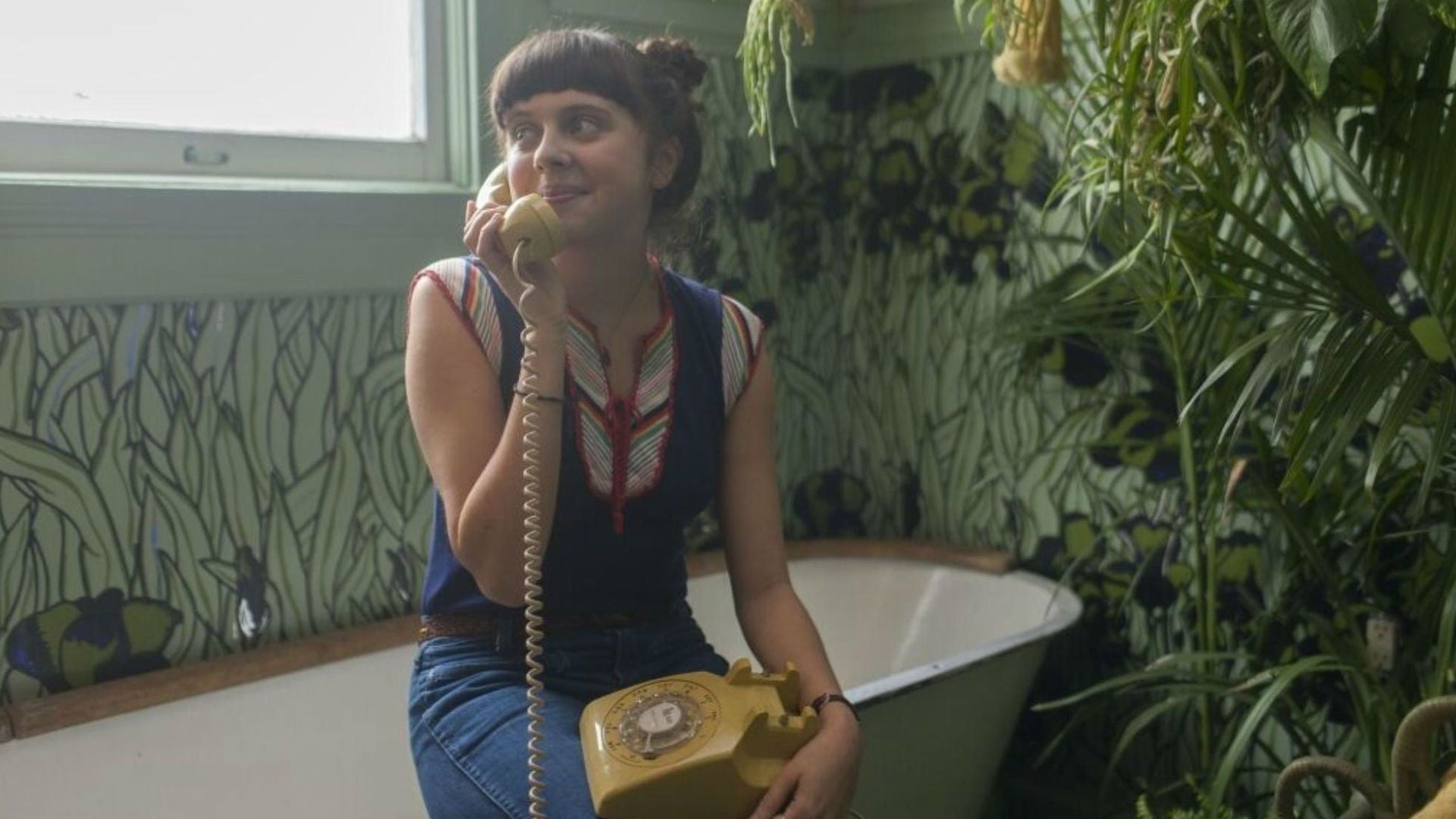Finally, a movie to remind us that being a woman is the best
For many women, the mere mention of teenage years brings up a whirlpool of memories, so many of them physical. Periods, breasts, body hair, pimples, body odor. Pleasure. The upsetting discovery that you are no longer a child but a quasi-woman whose shape you’re unprepared for.


For many women, the mere mention of teenage years brings up a whirlpool of memories, so many of them physical. Periods, breasts, body hair, pimples, body odor. Pleasure. The upsetting discovery that you are no longer a child but a quasi-woman whose shape you’re unprepared for.
It’s tough. It’s confusing. It marks the beginning of navigating the world that’s made, by and large, for men.
But boy is it wonderful.
The Diary of a Teenage Girl—Marielle Heller’s debut as a director, an adaptation of the eponymous Phoebe Gloeckner’s novel—chronicles Minnie Goetze’s coming of age in 1976 San Francisco.
“Sometimes I look in the mirror and I can’t believe what I see,” says 15-year-old Minnie (played by Bel Powley) as she examines her naked body at the mirror. It is indeed unbelievable. The new curves, the fat that suddenly seems to stick, bring about the realization—at once embarrassing and astonishing—to have a body that has a quality, naked, it’s never possessed before.
“You have a kind of power, you know. You just don’t know it yet,” Minnie’s mother tells her.
And she will learn quickly, with her precocious understanding of attraction and joyous approach to discovering sex. In one scene, she trots through the park thinking what legions of young women have thought before: “I had sex today. Holy. Shit.”
“Do I look different than I did yesterday?” Minnie asks her cat. She doesn’t. But she is different.
She did have sex with her mother’s boyfriend (Monroe), a young man in his late 20s or early 30s, which is hardly ideal. But in the film, Minnie does not appear to be manipulated or coerced. She initiates the affair, looking more for someone with whom she could test her curiosity, exploring her own newfound sexuality. She refers to him as “the handsomest man in the world,” and draws his portrait in her notebook. But she also wonders whether it is really him she likes. When Monroe mentions they’d only have to wait till she’s 18 before they start dating, she grabs her backpack and runs away.
“But I like sex! I wanna get laid right now,” she thinks. (Shocker: Girls like sex too.)
Somehow, we’ve come to view puberty, sex, being a girl—a woman—as something problematic, dangerous, negative. Minnie Groetz will remind you that it is not the case, and her film, in its joyous magic realism, will make you leave the theatre feeling so, so utterly thrilled to be a woman.
Minnie’s adventures have all the power of that wild thing it is to be a teenage girl, growing inside one’s skin till it stretches. There are moments when she pushes the boundaries too far, and she scares herself with the places her curiosity will take her. But she has to take the measure of her world. Like being a chrysalis—it’s magical, terrifying, and a bit gross.
It is, most of all, glorious: being desired, being wanted.
“I want a body pressed up next to me, just to know that I’m really here,” Minnie tells the tape recorder where she registers her diary. She wonders, ”what’s the point of living if nobody loves you, nobody touches you, nobody sees you?”
It’s a legitimate concern, one that carries in it the depths of what makes us human: the quest for love and the fear of losing it. Trust a young woman to see it early on. All while dancing, and goofing around with friends, pursuing what she wants to do, who she wants to be.
Minnie is strong and brave. She refuses to let herself be prey to her emotions even when she is, and at the end of the film, she concludes she’s different from her mother because she knows she does not need a man to be happy.
“This is for all the girls when they have grown,” is the diary dedication.
It is. Grown girls had better watch it, and remember just how great it is to become—to be—us.